Dr. Nitin Singhal
Liver Cancer
What is Liver Cancer?
Liver cancer is a condition whereby the growth of abnormal cells in the liver starts to multiply beyond control, thus creating a tumour that tends to disrupt the normal functions of the liver. The liver is a very important organ in digestion, the process of nutrients and elimination of toxins; thus, in the case of cancer, it can be highly affecting to the body. Cancer of the liver may be primary (mostly hepatocellular carcinoma) or secondary, when cancer metastasises to the liver due to another organ, a colon, breast, or lungs.
Liver cancer in the initial stages does not result in any significant symptoms that complicate the early diagnosis of the disease. Later signs and symptoms of the disease could include jaundice (yellowish skin and eye colouring), abdominal swelling or pain, unexplainable weight loss, appetite loss, fatigue, or nausea. Since these symptoms may resemble those of other liver-related disorders, early medical assessment and adequate imaging or blood analysis are essential. The early diagnosis of liver cancer will significantly enhance the treatment and survival rate.
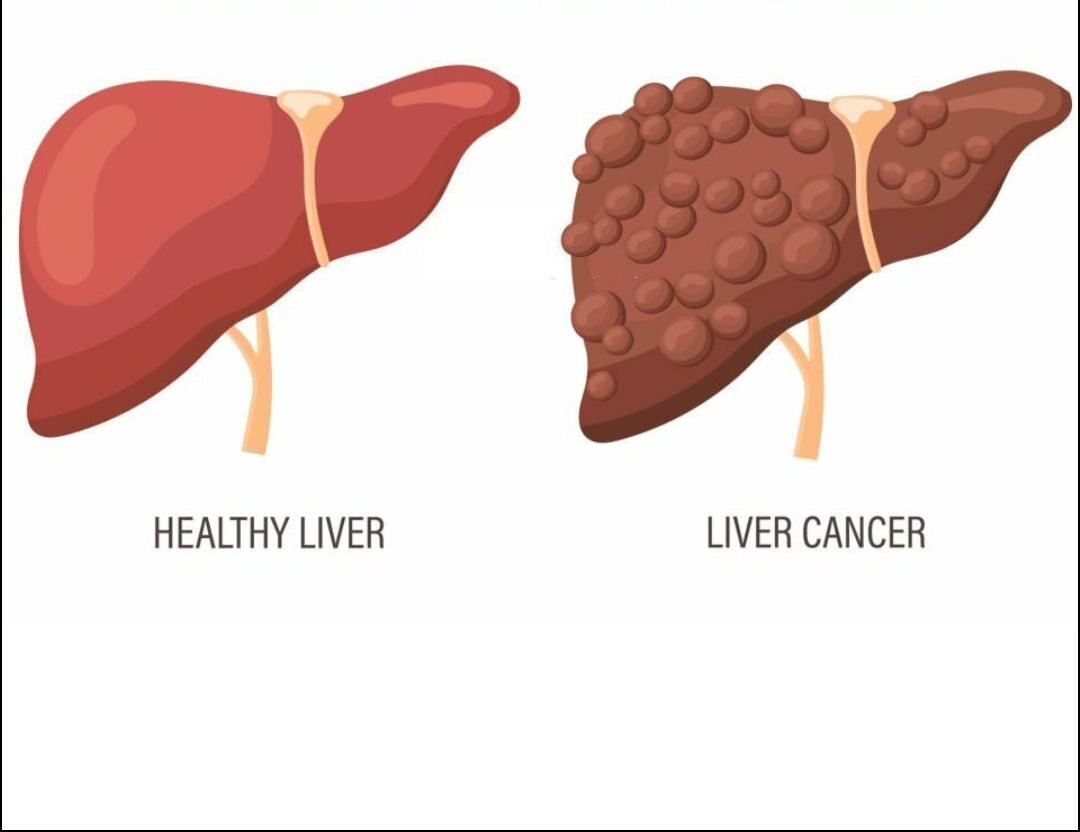
Happy Clients
Successful Surgeries
Patients Reviews Rate
Years of Experience
Types of Liver Cancer Surgery
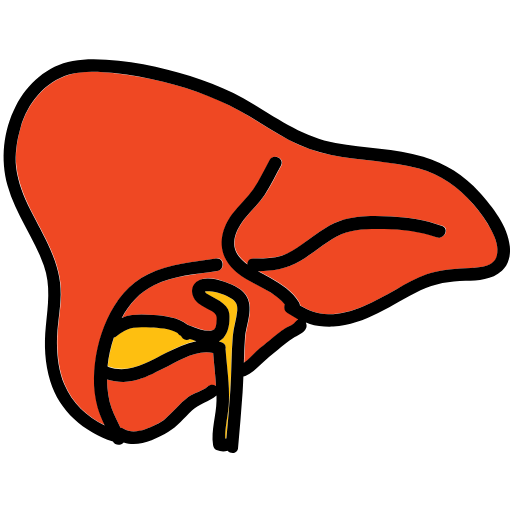
Hepatectomy
Applied to very early cancers before they are large polyps. They are removed by the surgeon in the course of colonoscopy and do not require extensive surgery hence recover quickly.
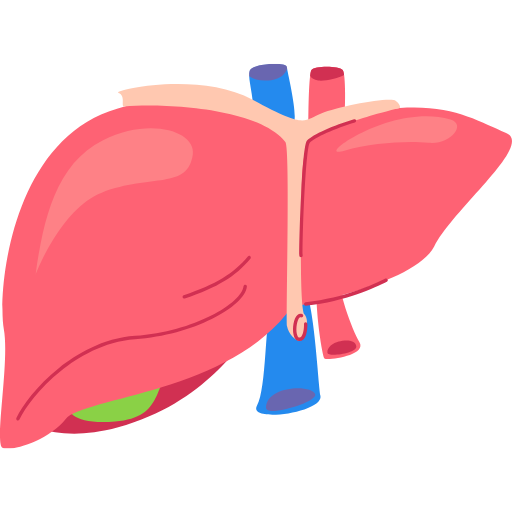
Liver Transplant
Includes the removal of the colon and/or reattaching the intestine. It can be achieved either through open procedure, laparoscopic, or robotic procedures with quicker healing.
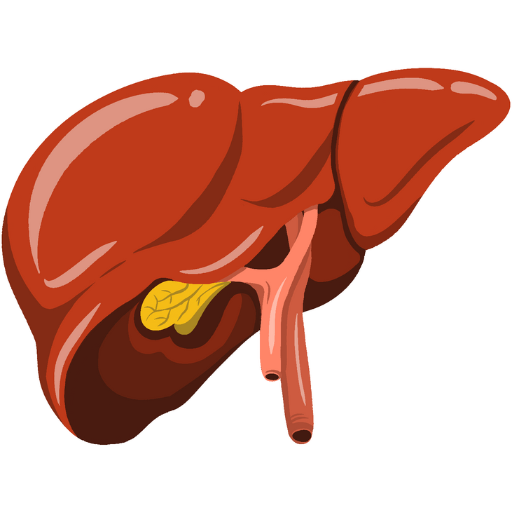
Laparoscopic Liver Surgery
Amputates the right or left side of the colon together with the lymph nodes near the colon. This surgery is commonly done when cancer is limited to one side of the colon.
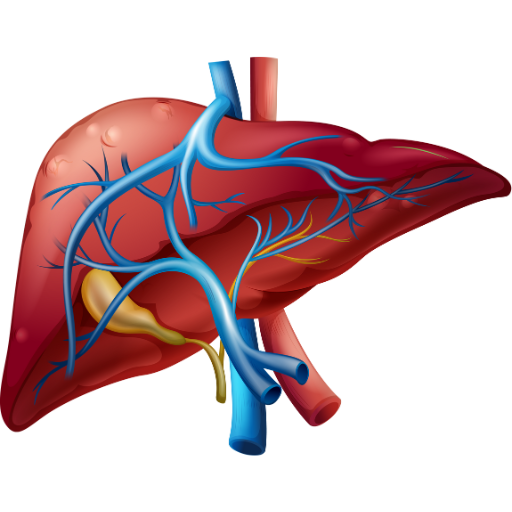
Robotic Liver Surgery
Your Guide to Liver Cancer
Liver cancer is caused by a number of factors, which put it at risk. The strongest contributors are chronic liver diseases including hepatitis B and hepatitis C infections, cirrhosis due to years of alcoholism or fatty liver disease. Other threats are obesity, diabetes, aflatoxin exposure (contaminants present in some molds), a family history of liver cancer and some inherited liver diseases. Individuals who have sustained damage to liver are particularly susceptible, and screening of individuals at a high-risk should be conducted regularly.
Liver cancer is known to not be associated with any symptoms in the early stages, and this is why it is occasionally detected at late stages. Further into the illness, patients can frequently feel lethargic, not hungry, lose weight unexplainedly, or develop nausea or abdominal swelling. Symptoms may progress to more advanced stages such as jaundice (yellowing of the skin and eyes), pain in the upper right abdomen, and easy bruising or bleeding of the body by reason of damaged liver functioning. These symptoms are to cause instant medical care to be diagnosed.
The treatment of liver cancer would depend on the size of the tumour, the damage that it caused to the liver and the overall health of the patient. Surgical treatments can be hepatectomy (liver resection) or liver transplantation, which could be curative. In cases of patients who cannot undergo surgery, radiofrequency ablation, transarterial chemoembolisation (TACE), targeted therapy, immunotherapy, or radiation therapy are some of the treatments that can be used to manage the disease and alleviate symptoms. The survival and the quality of life are significantly enhanced by early diagnosis and the use of a multidisciplinary approach to treatment.
Benefits of Robotic Liver Cancer Surgery?

Faster Recovery Time

Low Risk of Infection

Lesser Scars

Less Discomfort After Surgery

Shorter Hospital Stay

Speedier Return to Daily Life
Why Choose Dr Nitin Singhal For Liver Cancer Surgery?
Dr Nitin Singhal is a highly experienced robotic and HIPEC cancer surgeon with 15+ years of expertise and 5,000+ successful major surgeries. He offers advanced treatment for a wide range of cancers, including colon, pancreas, stomach, lung, oesophagus, uterus, ovary, prostate, bladder, kidney, and more. His extensive training, precision skills, and patient-centred approach make him a trusted choice for comprehensive cancer care.

Expertise
Dr Nitin Singhal specialises in liver and hepatobiliary cancers, performing both hepatectomy (liver resection) and liver transplant surgeries. His in-depth knowledge of complex liver anatomy helps him manage even the most challenging tumor cases effectively
Infrastructure
He operates at state-of-the-art cancer centres in Ahmedabad with advanced operation theatres and robotic systems. Dedicated HIPEC setups, high-end imaging, and a full multidisciplinary team ensure seamless care from diagnosis to recovery.
Technology
A pioneer in robotic surgery, Dr Nitin Singhal performs minimally invasive liver resections with precision and safety. Robotic and laparoscopic methods reduce pain, blood loss, and recovery time while preserving healthy liver tissue.
Commonly Asked Questions
Is liver cancer curable with surgery?
Yes, liver cancer can be curable with surgery if it is detected at an early stage and the patient has good liver function. The two main surgical options are hepatectomy (removing the tumour-bearingg part of the liver) and liver transplantation. These can completely remove the cancer in selected patients. However, the success depends on tumourr size, location, spread, and overall liver health. Regular follow-up is crucial to monitor for recurrence.
What is the recovery time for liver cancer surgery?
Recovery time after liver cancer surgery varies depending on the type of procedure and the patient’s health. For a hepatectomy, hospital stay is usually 7–10 days, with full recovery in 6–8 weeks. For a liver transplant, recovery may take 3–6 months with closer monitoring. Minimally invasive approaches like robotic or laparoscopic surgery often reduce recovery time. A healthy lifestyle and medical follow-up support faster healing.
Can stage 3 liver cancer be cured?
Stage 3 liver cancer is more advanced, and a completea complete cure becomes more challenging but not always impossible. Surgery may still be an option if the tumourtumour has not spread beyond the liver and the patient’s liver function is adequate. Other treatments like targeted therapy, immunotherapy, or chemoembolisation are often used. The goal may be to control the cancer, improve quality of life, and extend survival. Cure is rare, but some patients achieve long-term remission with aggressive treatment.
Does liver cancer spread quickly?
Liver cancer can spread relatively quickly, especially hepatocellular carcinoma, which may invade nearby blood vessels or tissues. It often spreads to areas like the lungs, bones, or lymph nodes if not treated in time. The speed of spread depends on the cancer type, stage, and underlying liver disease. Chronic liver conditions like cirrhosis can make the disease more aggressive. Early diagnosis and timely treatment help slow or prevent spread.
What is the main cause of liver cancer?
The main cause of liver cancer is long-term damage to the liver, most often from chronic hepatitis B or C infections and cirrhosis. Other major causes include excessive alcohol use, non-alcoholic fatty liver disease, obesity, and diabetes. In some parts of the world, aflatoxin exposure in contaminated food also plays a role. These conditions lead to scarring and changes in liver cells, increasing cancer risk. Preventing liver damage is the best way to reduce risk.
Get In Touch!
We provide a 24*7 emergency care
If you have any kind of robotic cancer surgery-related medical emergency, visit Sterling Hospital. An expert doctor is always available & treatment will be provided at once.
